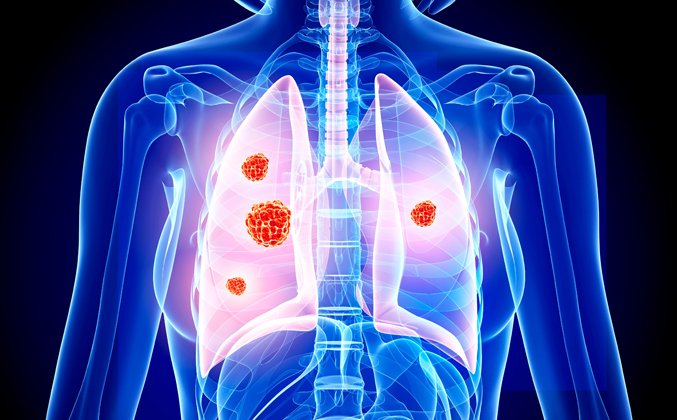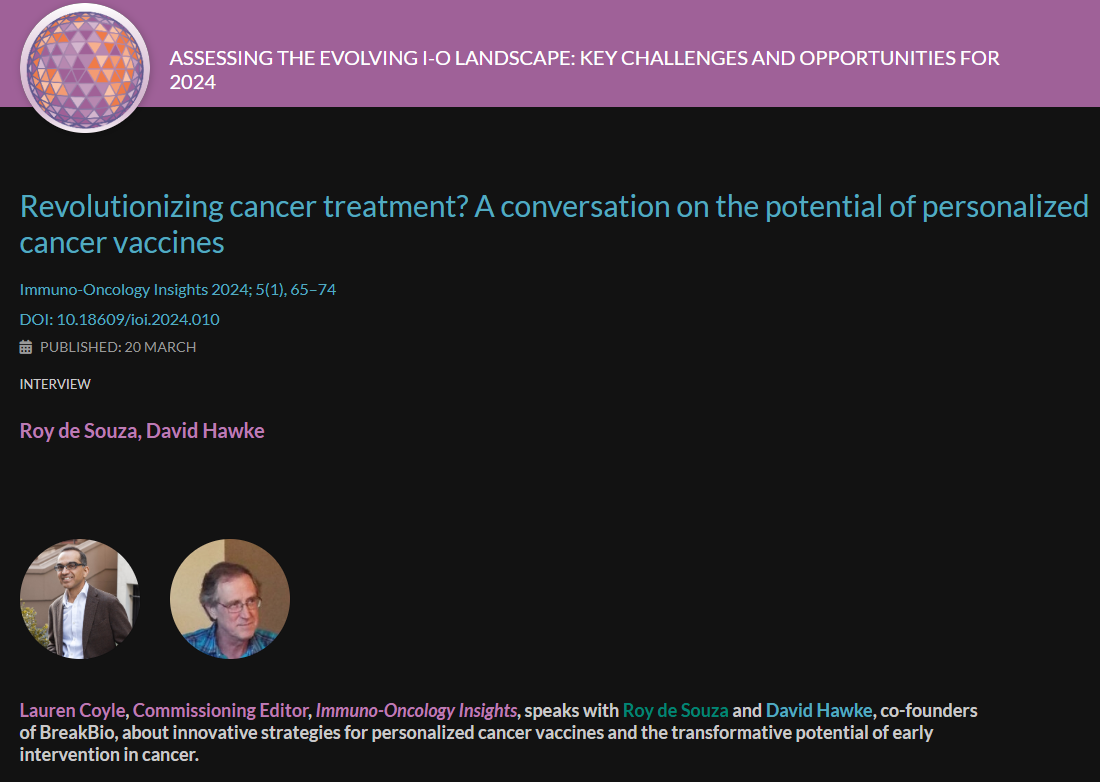NSAIDS AND CANCER
It’s not news that aspirin and NSAIDS may prevent colon cancer and even inhibit cancer metastasis. The reason we continue to say “may” is that the different studies have different results, and the medical community does not want everybody at risk to begin self-dosing because of the risk of internal intestinal bleeding. Both NSAIDs and aspirin are a risk-benefit equation.
However, NSAIDS are increasingly being used to manage cancer patients after diagnosis anyway, for other reasons — mostly because the blood coagulation system changes during cancer treatment, and cancer patients are at increased risk of venous thromboembolism. In this population it is highly possible that the use of certain NSAIDs would help prevent further metastases, especially distant ones, and here the benefit goes way up.
It is, however, very difficult to conduct controlled clinical trials on cancer patients, because there are so many potential aspects of the patient that you have to control for: sex, age, when they started taking NSAIDs (before or after being diagnosed), where the metastases have occurred, and what kind of cancer was being studied.
So there are still not enough studies, although last year’s large metastudy appearing in the National Library of Medicine in the United States concluded that for distant metastases, NSAIDs were a contributing factor to longer survival. There are several other studies that have come to similar conclusions. There’s also evidence leading to a conclusion that low dose NSAIDs are relatively safe to take on a long term basis. But although this is a great initial investigation, and leads investigators to believe that in colorectal cancer at any rate, NSAIDs should be used after diagnosis, there is much more research to be done. The reasons why NSAIDs work, and how and in whom have been incompletely studied.
When medical people say something is incompletely studied, it’s often scientific code for “we don’t know why this happens.” Therefore, the latest studies being done are to see which patients will or will not benefit from this kind of treatment. Unsurprisingly the evidence points to genetics. This is very similar to what we already know about breast cancer, for example. Several genetic factors can help predict metastasis and survival there, including the BRACA gene mutations.
We also already know that diet and inflammation play a role in colon cancer risk. And we know that some people have the genetics for a high risk of developing cancer. However, because of the the relatively new field of epigenetics we have the possibility of identifying the people who are most at risk and putting them on diets to prevent the expression of the colon cancer genes, or the spread of adenomas to distant locations.
Once colorectal cancer is found, however, predicting survival is complex. Metastasis is particularly hard to predict because it appears to be an inefficient process. Not enough is known about what makes cells in distant locations from the original tumor become cancerous. Hence the Fred Hutch Cancer Research project has begun to study whether whether the colon tumor genome, as defined by BRAF mutation, KRAS mutation, CpG Island Methylator Phenotype (CIMP), and microsatellite instability (MSI) status, is associated with colorectal cancer survival. If it is, further studies can establish whether that can be regulated or influenced by epidemiological factors.
The goal of this study is a prognostic model of survival. But this study is just in its early stages and for many patients, there isn’t time to wait.









